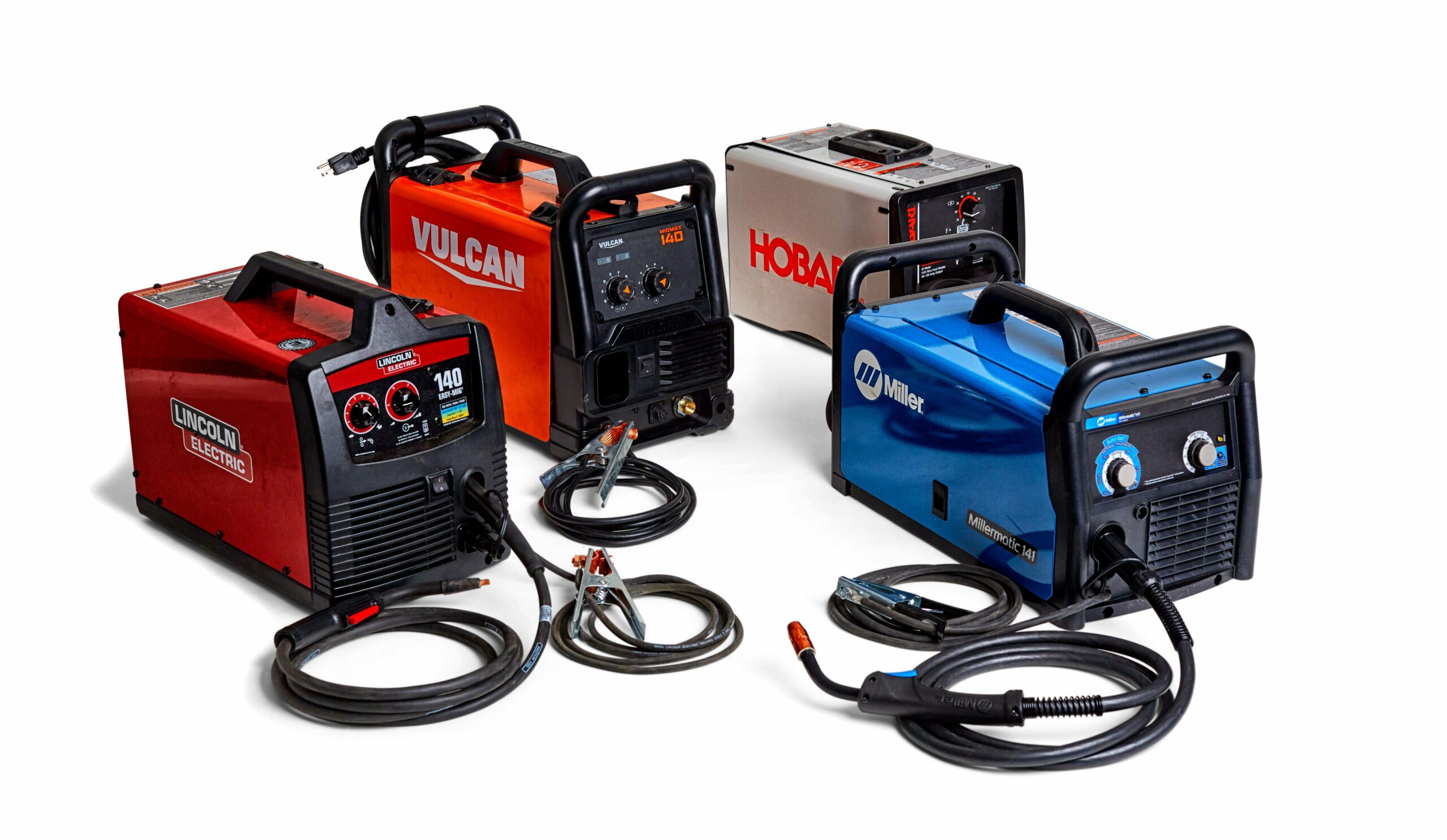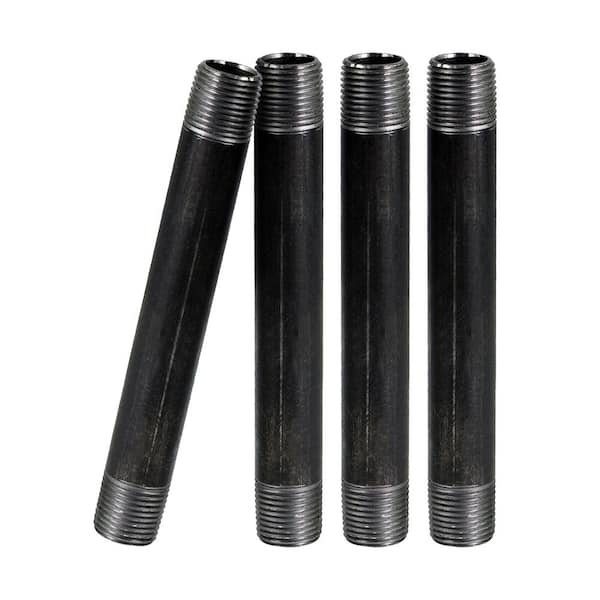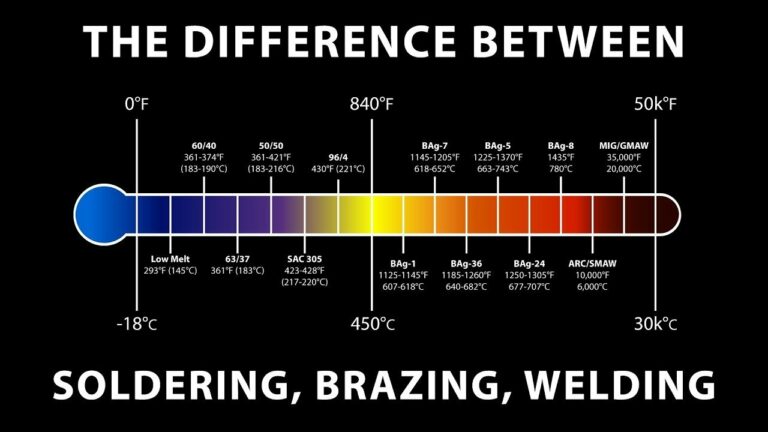The Ultimate Guide To Buying The Best Welder For Home Use
Looking to find the perfect welder for your home? Well, the search ends here because we’ve got the solution for you. The best welder for home projects is essential for any DIY enthusiast or professional looking to tackle repairs or create new metal masterpieces within the comfort of their own space. With the right welder, you can bring your ideas to life and ensure sturdy, reliable connections. So, in this article, we’ll guide you through the top options available, helping you choose the best welder for home that suits your needs. Let’s dive right in!
Best Welder for Home
Introduction
If you are a homeowner looking to take on welding projects at home, finding the best welder for your needs is essential. With a wide range of welders available in the market, it can be overwhelming to make the right choice. However, by understanding the key factors to consider and evaluating different options, you can find the perfect welder that suits your requirements.
Factors to Consider when Choosing a Welder
Choosing a welder for home use requires careful consideration of various factors. Here are some key aspects to keep in mind:
Type of Welding
The first step in choosing the best welder for your home is to determine the type of welding you will be primarily doing. Different welding processes like MIG, TIG, and Stick welding have specific requirements, so you need to select a welder that supports the type of welding you plan to do.
Power Source
Welders can be powered by different sources such as electricity, gas, or batteries. Consider the availability of power sources in your home and the convenience they offer. Electric welders are commonly used for home welding projects due to their ease of use and compatibility with residential power outlets.
Welder’s Output Power
The output power of a welder plays a crucial role in determining its versatility and suitability for various projects. Consider the range of amperage the welder can provide, as it determines the thickness and type of materials you can weld effectively.
Portability
For home use, it is often beneficial to have a portable welder that can be easily moved around your property or taken to different locations. Portable welders are usually lightweight and compact, making them convenient for DIY enthusiasts who may need to work in different areas.
Safety Features
Safety should always be a priority when selecting a welder for home use. Look for features like thermal overload protection, voltage control, and wire feed speed control, as they enhance safety and prevent accidents during welding activities.
Duty Cycle
The duty cycle indicates the amount of time a welder can be used continuously before it needs to cool down. Consider the duty cycle of a welder to ensure it aligns with the duration of your welding projects. Higher duty cycles are desirable for longer projects.
Budget
Establishing a budget for your welder purchase is important to narrow down the available options. Determine how much you are willing to invest in a welder while considering the quality and features you require for your home welding projects.
Top Welders for Home Use
1. Hobart Handler 140
The Hobart Handler 140 is a popular choice for home welders. It is a MIG welder with a solid output power and a duty cycle of 20% at 90 amps. It offers a simple setup and can handle welding tasks up to 1/4-inch thick. With its versatile capabilities and ease of use, the Hobart Handler 140 is an excellent option for beginners.
2. Lincoln Electric K2185-1 Handy MIG Welder
The Lincoln Electric K2185-1 Handy MIG Welder is another reliable option for home use. It is a compact and portable welder that operates on 115V household power. This MIG welder is suitable for welding mild steel up to 1/8-inch thick and comes with a flux-cored wire option for outdoor welding tasks.
3. Forney Easy Weld 140 MP
The Forney Easy Weld 140 MP is a versatile multi-process welder suitable for home use. It supports MIG, Stick, and TIG welding processes, providing flexibility for various projects. With a maximum output power of 140 amps and a duty cycle of 30% at 90 amps, this welder is capable of handling a wide range of welding tasks.
4. Everlast PowerARC 140ST
If you are looking for a reliable Stick welder for home use, the Everlast PowerARC 140ST is worth considering. It is a compact and portable welder that operates on 120V power. With its smooth arc characteristics and adjustable features, this welder is suitable for welding stainless steel, mild steel, and other materials.
5. Miller Electric Diversion 180
For TIG welding enthusiasts, the Miller Electric Diversion 180 is a high-quality option. It is a user-friendly welder with advanced features like AC/DC output, adjustable balance control, and pulse capabilities. With its robust build quality and precise arc control, this welder excels at welding thin materials and producing clean welds.
Finding the best welder for home use requires careful consideration of factors such as the type of welding, power source, portability, safety features, and budget. By evaluating different options and understanding your requirements, you can select a welder that meets your needs and allows you to tackle various welding projects around your home.
Remember to prioritize safety and choose a welder that aligns with your skill level and the specific welding processes you plan to undertake. Whether you are a beginner or an experienced DIY enthusiast, the right welder can make your home welding projects a success. Invest in a quality welder that offers versatility, reliability, and ease of use, enabling you to achieve professional results in the comfort of your own home.
$70 vs $2,300 Welder? Let's Settle This! Weld Strength, Duty Cycle, Current Output, Build Quality
Frequently Asked Questions
What factors should I consider when choosing the best welder for home use?
When selecting a welder for home use, there are a few important factors to consider. Firstly, determine the types of projects you intend to work on and the materials you will be welding. This will help you determine which welding process (MIG, TIG, stick) is most suitable. Additionally, consider the power requirements of the welder and ensure it matches your available power supply. Portability, ease of use, and safety features are also crucial factors to evaluate before making a purchase decision.
Which welding process is best for home use?
The best welding process for home use depends on your specific needs and projects. MIG (metal inert gas) welding is often recommended for beginners and hobbyists due to its ease of use and versatility. It is suitable for welding various materials such as steel, stainless steel, and aluminum. TIG (tungsten inert gas) welding offers more precision but requires more skill and experience. Stick welding is less common for home use but can be considered if you are working with thicker materials and outdoor projects.
What power requirements should I consider for a home welder?
Before purchasing a welder for home use, it is crucial to assess your power supply capabilities. The power requirements of welders vary, and you need to ensure that your home’s electrical system can handle the power demands of the welder. Check the voltage and amperage requirements of the welder and compare them to the electrical circuits available in your home. In some cases, you may need to upgrade your electrical system to accommodate higher power welders.
How portable should a home welder be?
The portability of a home welder depends on your specific needs. If you plan to move the welder frequently or work on projects away from your home, a portable welder that is lightweight and compact would be ideal. However, if you have a dedicated workshop and don’t anticipate the need to move the welder often, a less portable but more robust and powerful welder might be a better choice. Consider the balance between portability and functionality based on your intended usage.
Are there any safety considerations when using a welder at home?
Yes, safety is paramount when using a welder at home. Always wear appropriate personal protective equipment (PPE), including a welding helmet, gloves, and protective clothing. Ensure proper ventilation in your workspace to avoid inhaling fumes and gases produced during welding. Keep flammable materials away from the welding area, and have a fire extinguisher readily available. Familiarize yourself with the safety instructions and operating procedures provided by the manufacturer of your chosen welder.
Can a beginner effectively use a welder for home projects?
Yes, beginners can effectively use a welder for home projects, especially with the right guidance and practice. Choosing a welder that is user-friendly, such as a MIG welder, can make the learning process easier. Start with small projects and gradually build your skills and confidence. It is also helpful to take welding classes or seek guidance from experienced welders. With dedication and practice, beginners can achieve satisfactory welding results for their home projects.
Final Thoughts
In conclusion, when searching for the best welder for home use, it is important to consider factors such as power output, versatility, and safety features. By assessing individual needs and budget, one can make an informed decision on the suitable welder. Different types of welders, including MIG, TIG, and stick welders, offer various advantages depending on the intended application. Additionally, looking for welders with user-friendly interfaces and reliable customer support can ensure a smooth welding experience at home. Finding the best welder for home projects requires careful evaluation and consideration of personal requirements.


